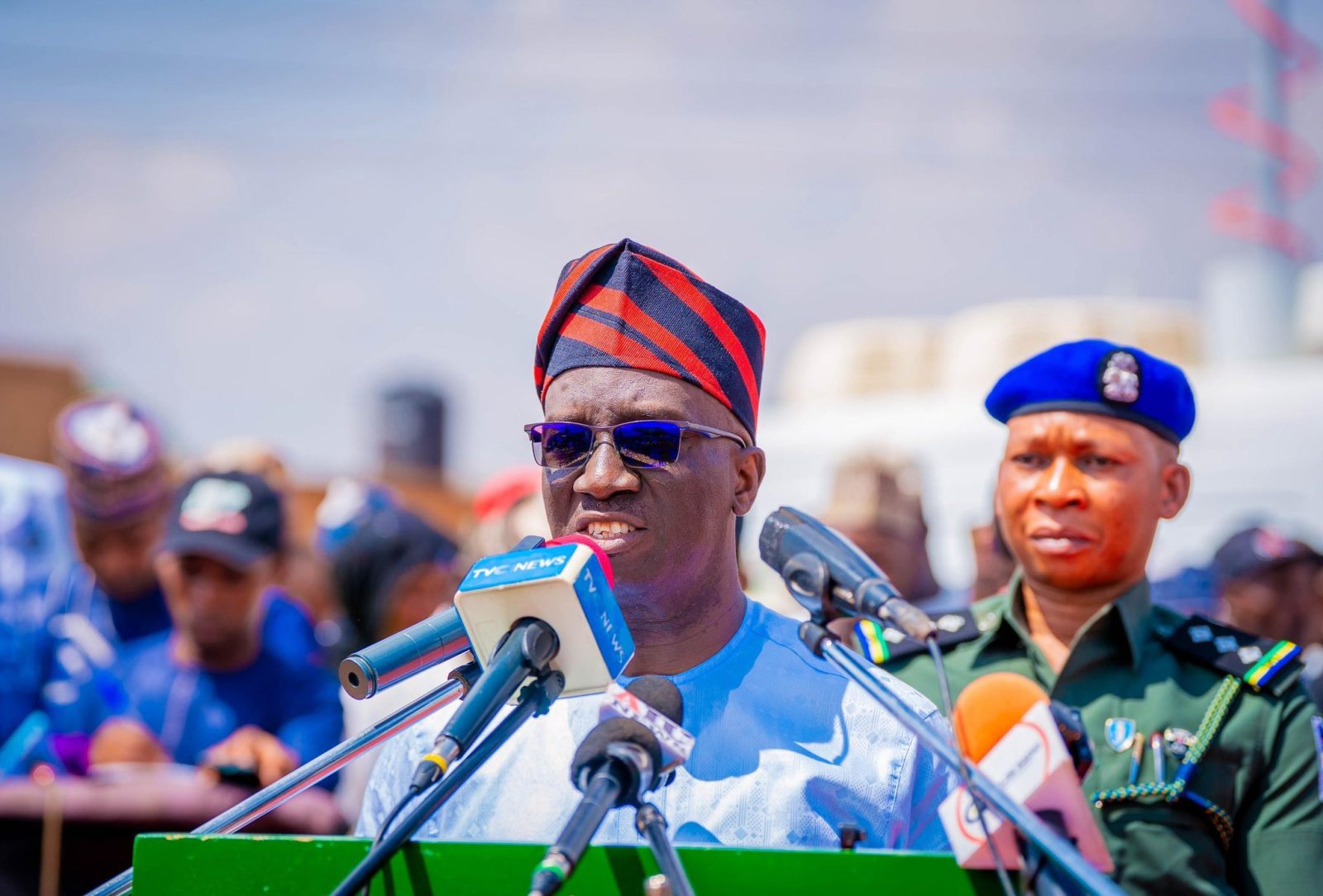The Minority Caucus of the House of Representatives has labeled the hike in tariffs by the Nigerian Electricity Regulatory Commission (NERC) as insensitive and detrimental to the well-being of Nigerians.
The leader of the caucus, Mr. Kingsley Chinda, said in a statement on Friday that the NERC’s latest increments for 12 percent of electric users in Nigeria “are a stark lie.”
Chinda asserted that DISCOS’ hike data affects all electricity consumers, not just those on Band A.
He said: “We note that in the immediate aftermath of the announcement of the tariff hike, NERC claimed that the hike affects only twelve percent of electricity consumers who enjoy a minimum of twenty hours of electricity a day.
“The truth has become stark that this is a stark lie. The hike, according to data put out by DISCOs, affects all electricity consumers.
“This habitual resort to deceit and outright lies clearly puts the government in a bad light and erodes the trust and confidence of the populace in the government.”
The Minority Caucus leader noted that the government is thick-skinned about Nigeria’s plight, questioning the timing of the tariff hike amid “prevailing economic challenges.”
Chinda added: “The timing of this tariff hike, amidst prevailing economic challenges, is not only insensitive but also detrimental to the well-being of Nigerians. It further highlights the disconnect between policymakers and the realities faced by the masses of our people.
“Elsewhere in the global north, governments are doing all they can to protect citizens against the adverse effects of the pandemic on economies.
“In the United Kingdom, for example, where anti-subsidy proselytisers preach against subsidies, His Majesty’s Government has paid almost 40 billion pounds ($50 billion) in energy subsidies since it began to help households and businesses cope with the surge in power bills after Russia’s invasion of Ukraine.
“According to the global news agency Reuters, between the launch of the schemes in October 2022 and March 2023, nearly 21 billion pounds was spent on the Energy Price Guarantee (EPG) program that supports households with their bills, the government said.
“A further 12 billion pounds was paid under the Energy Bills Support Scheme, which offered homes payments of 400 pounds towards their bills over the winter months.
“Businesses and other organisations received about 5.5 billion pounds under the Energy Bill Relief Scheme, and almost 1 billion pounds was spent on other programs.”
“Also, in the United States, the government is subsidising (by way of tax credit) thirty percent off the cost of chargers for electric vehicles.
“Not here in Nigeria, where the government spends money on frivolities with no real economic impacts on households or on the lives of ordinary citizens. Here, the directive principle of state policy is ‘go and die.’
“We urge Mr. President, Ashiwaju Bola Ahmed Tinubu, to prevail on the electricity regulator, NERC, to rescind this decision and prioritize the welfare of the people,” Chinda also said.
He suggested that transparent dialogue and inclusive decision-making processes are imperative to address the root causes of the energy sector’s inefficiencies and ensure sustainable solutions that benefit all stakeholders, not a consistent and persistent increase in tariffs.
He called for increased accountability and transparency in the management of resources within the electricity sector, adding that citizens have the right to demand efficient service delivery and fair pricing mechanisms that align with their economic realities.
Chinda stated that they stand in solidarity with the Nigerian people, affirming, “We stand firm in our condemnation of this unjustifiable increase in electricity tariffs and call for immediate action to alleviate the burdens imposed on the populace.”























Leave a comment